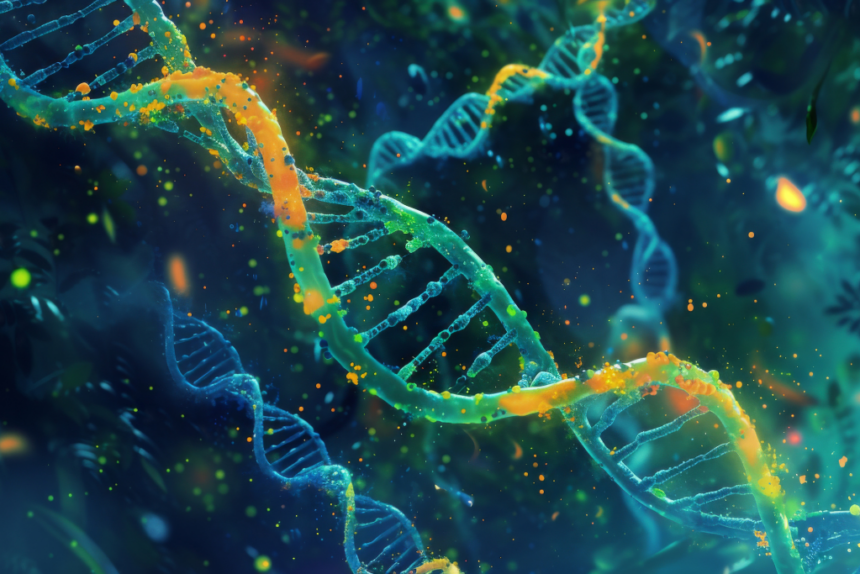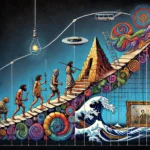Gaia is a unique place in the cosmos. In no other known corner of the galaxy is there such extraordinary biological, geological and cultural diversity in so little space and time. From its vast oceans to its dense jungles, every corner of the planet is a testament to life’s ability to adapt, evolve and flourish. However, this diversity also brings with it unique challenges that every galactic visitor must be aware of.
Accelerated mutations are both a blessing and a curse at the same time.
Biodiversity: The Power and Challenge of Life on Gaia
Life on Gaia is an infinite mosaic of shapes, colours, textures and cellular combinations. This planet is home to millions of species, many as yet unknown to its own inhabitants, that have evolved to adapt to environments ranging from the most arid deserts to the deepest oceans.
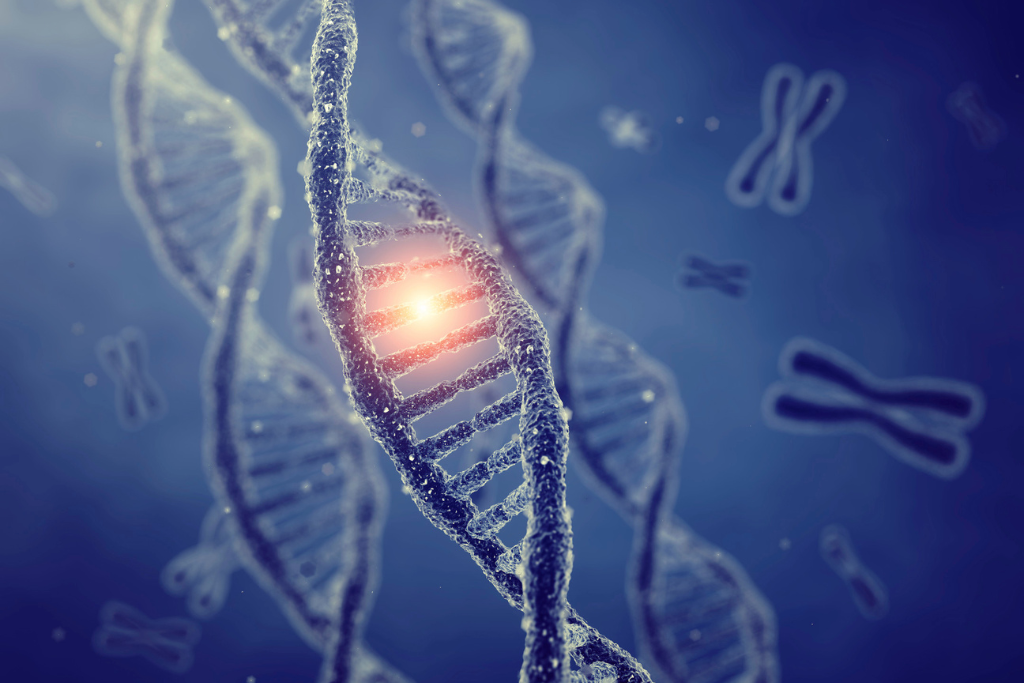
The speed of evolution
Unlike on other worlds where mutations and adaptations occur over longer time scales, on Gaia genetic changes are surprisingly rapid.
- Accelerated evolution:
- Species can adapt to changing environments in a matter of decades or even less. For example, insects that develop resistance to pesticides or micro-organisms that mutate to survive in hostile conditions.
- Positive impact:
- This rapidity allows ecosystems to recover from disturbances, creating a dynamic and resilient equilibrium
The dark side of diversity
However, this same speed can be dangerous:
- Disruptive mutations:
- Not all mutations are beneficial. Some lead to genetic diseases or adaptive failures.
- Continuously evolving viruses and bacteria:
- Pathogenic microorganisms on Gaia mutate at an alarming rate, often making it difficult for Gaians to develop permanent defences against them
Gaian Immune Systems: Extraordinary Adaptation
In order to survive in such a diverse and dynamic environment, Gaians have developed remarkably advanced immune systems.
- Response capacity:
- Gaian organisms are capable of detecting and neutralising a wide variety of threats, from viruses to bacteria to multicellular parasites
- Evolutionary resilience:
- The constant co-evolution between pathogens and immune systems has led to exceptional levels of adaptation
But it’s not always enough
Despite their efficacy, immune systems are not infallible:
- Global demands:
- Sometimes, pathogens overcome these defences, as happened with the SARS-CoV-2 virus, which caused a global health crisis in the 21st century.
- External link: History of pandemics on Gaia.
- Vulnerability of the exogaian visitor:
- For visitors from other worlds, Gaia’s micro-organisms can be especially dangerous, as their immune systems are not prepared to deal with them. It is essential to maximise caution.
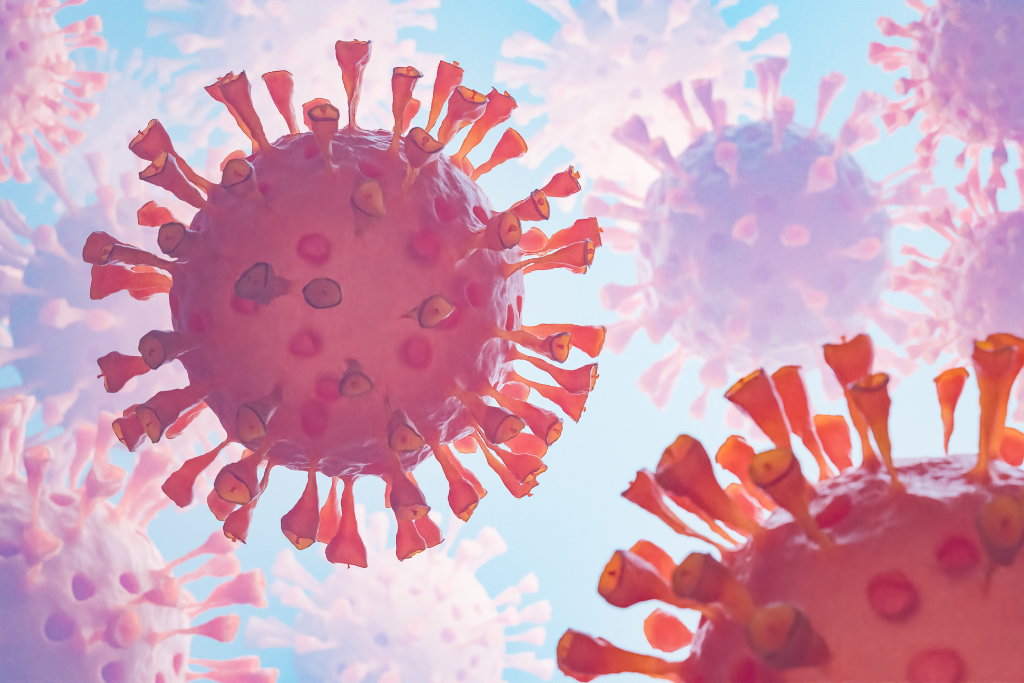
Cultural and Geological Diversity: A Mirror of Biology
Not only Gaia’s biology is diverse; its geology and culture reflect this dynamism:
- Geology:
- Gaia presents an impressive variety of landscapes: mountains, jungles, deserts, tundras and oceans, each with its own unique microclimate and ecosystem.
- Culture:
- The Gaians have developed thousands of languages, traditions and forms of expression that are evolving as rapidly as their natural environment
Recommendations for the intergalactic visitor
Biological precautions
- Avoid direct display:
- Visitors should minimise contact with local organisms without adequate protection
- Previous immunisation:
- Exogai protocols may include immunological simulations to prepare the traveller against possible threats
Understanding diversity
- Don’t judge by appearances:
- Gaia’s diversity includes organisms that may appear dangerous but play crucial roles in their ecosystems
- Adapt to the pace of change:
- Visitors must be prepared for the constant transformation of this planet and its inhabitants
Exploring Gaia is both a privilege and a challenge
Conclusion: A planet full of lessons and challenges
Gaia is a place like no other in the cosmos. Its diversity is a testament to nature’s creativity, but also a warning about the risks of living in an ever-changing environment. For visitors from other worlds, exploring Gaia is both a privilege and a challenge. Understanding and respecting its dynamism is essential to enjoying the richness that this planet has to offer.
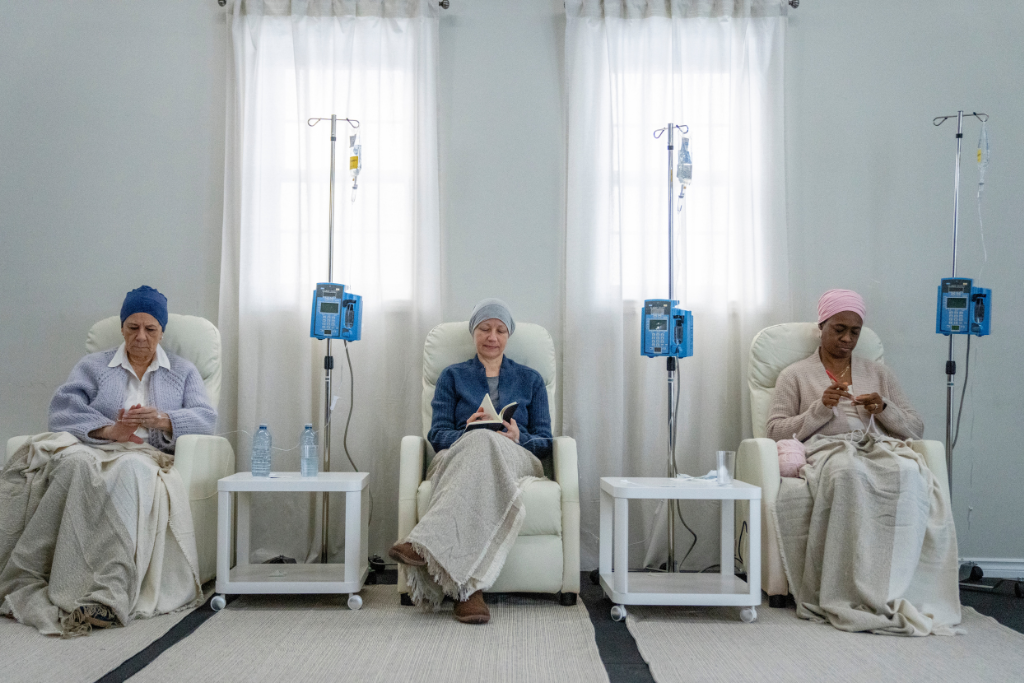
From my exo-Gaian perspective, Gaia is not only a laboratory of diversity, but also a reflection of the challenges and opportunities faced by civilisations seeking to balance evolution and survival.


